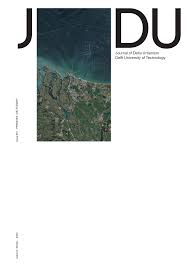Abstract
Trends have been continuing for the majority of the world’s population to live and work in urban areas. Despite numerous change factors, like climate, and gradual changes in the form and layout of urban spaces, towards for example, more use of nature in cities, urban areas continue to follow the form set in
the past in industrialised countries, with little green space. In this Millennium, new financial models have been developed to value nature to ensure it is appropriately accounted for in the neoliberal economy. The links between welfare of residents and visitors
to cities that are greener are now clear and understood to bring massive economic value. However, responses to the Covid-19 pandemic have changed the relationship between citizens and urban areas. Potentially fewer people will live and work in inner city areas, therefore the financial value of new green spaces in inner cities is likely to reduce. This paper considers the potential implications of the various change trends in how nature-based spaces can be financially valued in a post-Covid 19 world.
Two case examples show how: (i) better value may possibly be obtained by restoring a brownfield site in Sweden to natural forest, rather than building new housing; (ii) the financial value of greening London to manage stormwater may reduce due to people preferring to live in suburbia rather than the centre. Overall, the importance of carrying out a ‘futures’ assessment using scenario planning or an equivalent process when valuing the greening of urban spaces is emphasised in the light of the ongoing challenges.

This work is licensed under a Creative Commons Attribution 4.0 International License.
Copyright (c) 2020 Richard Ashley

